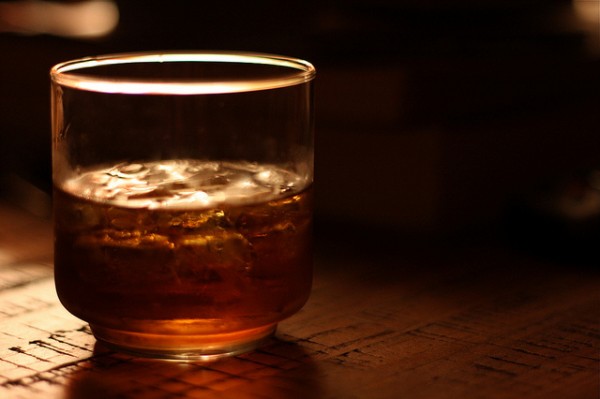Whiskey: Are you drinking what you're thinking you're drinking?
Contributed by on Feb 13, 2015
Zero readers love this post.
According to CBS News, there were over 130 new whiskey brands introduced in 2014, but not every brand is making what they bottle.
Some small distilleries merely only bottle the bourbon or whiskey spirit they sell. Yet the bottles may be labeled to give the impression that they were made by the small, craft distillery. I would think that would be wrong.
To be fair, the small distilleries may have enhanced or changed the conditioning of the whiskey, some in the industry refer to as an “enhancement”. No matter the case, the bottle should be, in my opinion, labeled clearly: distilled by the distillery that actually distilled the spirit, and bottled by the distillery that bottled and enhanced the spirit.
Unfortunately, there isn't much label oversight and regulation to enforce truth in labeling. A company called Midwest Grain Products in Indiana sells 300 barrels a day to dozens of smaller companies. Is MGP responsible for the misrepresentation to consumers? Absolutely not! But they should get the “distillery” credit on the label. MGP distillery products are made in Indiana so their product should not be able to market Tennessee whiskey or Kentucky bourbon. Just as Pinot Grigio cannot be called as such if made outside of the specific region of Italy, or Champagne be Champagne when made outside of that specific region in France. The same goes for Scotch, Tequila, Burgundy, or Bordeaux. To be clear, I am not saying that MGP has ever mislabeled their product in any way. They have no control for what their customers do with MGP products. My concern is that the end producer bottling spirits has or may have used this to mislead the consumer.
While we are at this point I would like clarify the definition of bourbon and whiskey. Bourbon needs to be produced in America and be made from 52% corn, whiskey does not. Bourbon needs to be stored in new charred oak barrels and whiskey does not need to be stored new or charred barrels. Bourbon must be bottled at no less than 80 proof and may not contain any added flavor, coloring or other additives. Also it should be distilled at no more than 160 proof and entered into the barrel at 125 proof. A whiskey must be distilled at no more than 190 proof.
I recall a quality principle, learned from the Semiconductor Manufacturing industry. That principle is “say what you do, and do what you say." Did you mash it? Did you distill the product? Did you enhance the product? Did you bottle the product? Say what you did clearly on the label. This exactly how MB Roland distillery labels their product and suggests that all of the distillers do the same and the label better be the truth. I can't personally vet that MB Roland Distillery does all the things the claim on the label but CBS as well as myself believe that they do.
Federal regulation require accurate labels but the regulations are vague and there is not much enforcement. I think that misleading labels should be eliminated. At least one distillery in the CBS report has said they would change their label to be clearer. Right now unless you know your distillery, you can take what is written on the label of the next whiskey you buy with a skeptical eye.
Jim St. Germain is president of St. Germain Cellars and the resident hops enthusiast. When he isn't evangelizing IPAs (75+ IBUs!), he enjoys a nice glass of pinot noir or good whiskey, neat.
Resources
cbsnews.com/news/the-whiskey-booms-dirty-little-secret/
cbsnews.com/news/whiskey-war-heats up in tennessee/
http://www.mensjournal.com/food-drink/drinks/what-exactly-is-the-difference-between-bourbon-and-whiskey-20140905
http://www.mgpingredients.com/alcohol/distillery-co-products/
http://www.gq.com/life/food/201311/bourbon-whiskey-family-tree
(Image Credit: John Haslam/cc 2.0, Dominick/cc 2.0)

